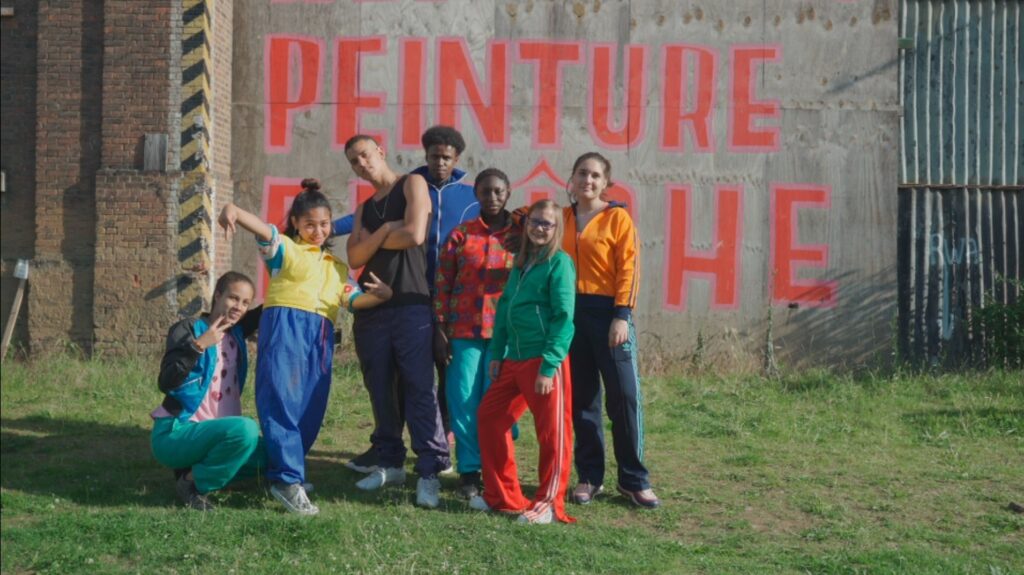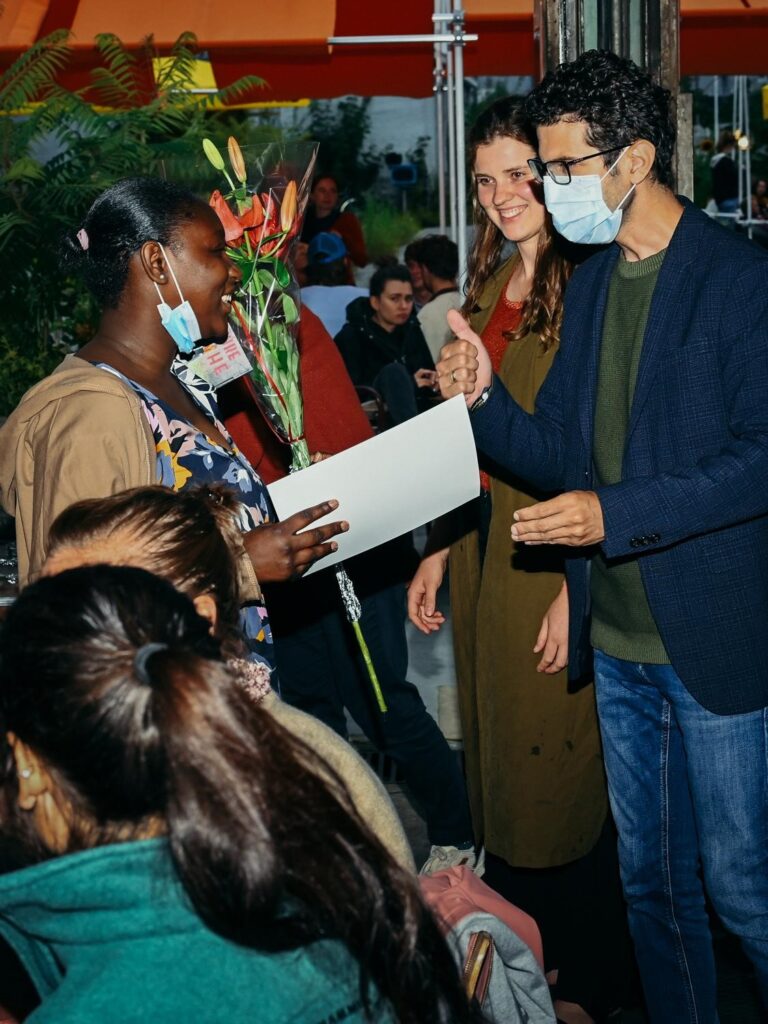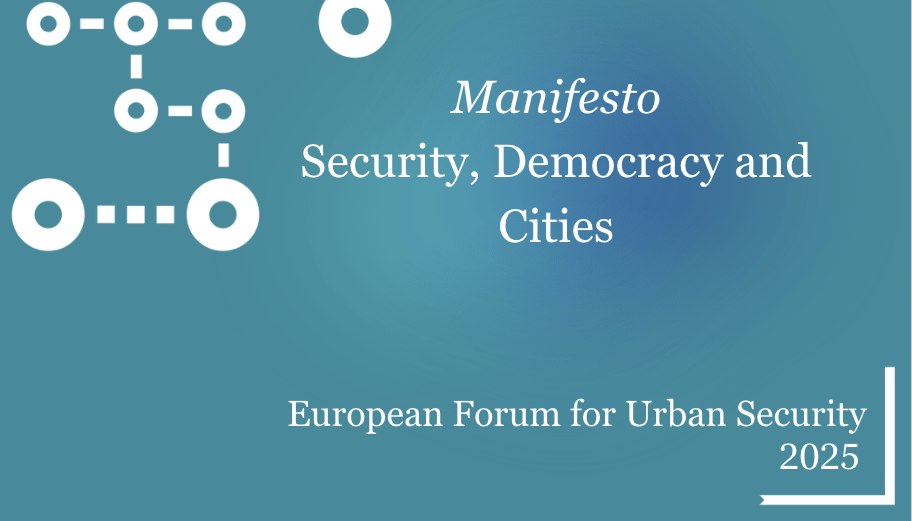Leuven, Belgium, June 2022 – One year after the conclusion of the LOUD project, which saw nine European municipalities mobilise local youngsters to produce online campaigns promoting alternative discourses to intolerance and extremism, we’ve asked the partners what has changed (or not) since then. We start our series of interviews with Jan Willems, from the Crime Prevention Department of the City of Leuven (Belgium). We will publish more interviews with LOUD partner cities in the upcoming weeks.
Why did Leuven choose to take part in LOUD?
Jan Willems: We chose to take part in LOUD because it was an opportunity to work on themes such as polarisation, racism and discrimination. We decided to work in a school because teachers had told us that youngsters from migrant backgrounds didn’t have any relations with those who are native. We thus decided to bring these two groups together so they would jointly work on polarisation. Throughout the process, it became clear that they all face racism and discrimination in a different way. From there, the set-up changed in the sense that these youngsters wanted to share and show their experiences with racism and discrimination to other youngsters from Leuven. With the campaign movie they’ve made, they wanted to make young people aware that polarisation and discrimination are present and encourage them to take action, however small. They hope that other youngsters will get a more open mindset and that they will connect more easily with each other at school and outside.

What impact did the campaign have on the general population in Leuven?
We made a trailer from the campaign movie that was broadcast on social media to call young people to take action and make their voices heard against racism and discrimination. They responded by contributing through paintings, music, words… These artworks were collected and shown to other local youngsters through social networks. They were also exhibited at the Africa Film Festival, where the campaign film was also shown.
What else does the city do to prevent intolerance and polarisation among young people?
We work preventively in schools on themes such as racism, discrimination, polarisation. For example, we organise workshops where youngsters investigate how stereotypes and prejudices determine our thinking, when they can become harmful, and how they are linked to discrimination and racism.
How did the LOUD project correspond to Leuven’s overall policy on discrimination and tolerance?
Everyone who lives or enjoys staying in Leuven should be able to do so in a safe and carefree way. To achieve this, many municipal departments work together on issues as nuisance, violence, racism and discrimination. For example in 2018, the city became a member of the European Coalition of Cities Against Racism. We committed to working together with residents and local organisations towards a ‘Leuven Without Racism’. The LOUD project was an opportunity to work on these themes with youngsters, which resulted in an expansion of our offer. Another opportunity given by the LOUD project was the support of foreign expertise and the exchange we had with other cities about the difficulties and challenges they face.

Why do you think the mobilisation of young people is fundamental in the fight against discriminatory violence?
Youngsters are the engine of our society, but they can be overwhelmed by the amount of information they receive and struggle to distinguish between news and fake news, what’s false and what’s true. It is important that we protect and empower them against emerging polarisation, which can lead to violent extremism and radicalisation, and against on/offline hate speech. By focusing on their mental wellbeing and resilience, they can learn to deal with difficult challenges and to look at our world with both a critical eye and an open mindset. This is key to prevent them from ending up in a spiral of negative thoughts and from falling into the trap of racism and discrimination, or worse, of violent extremism.




